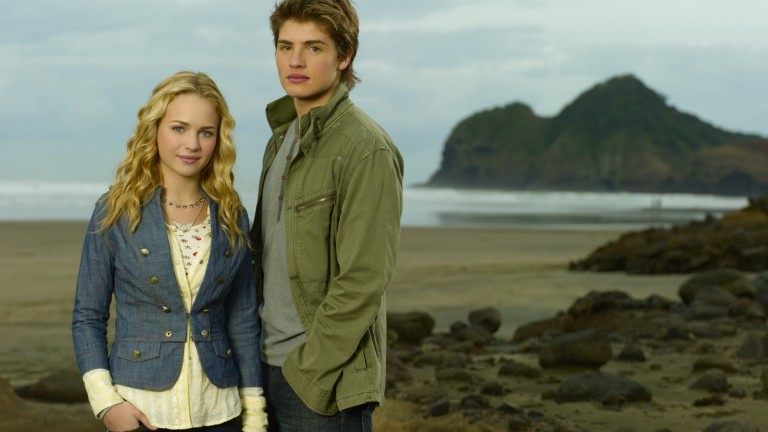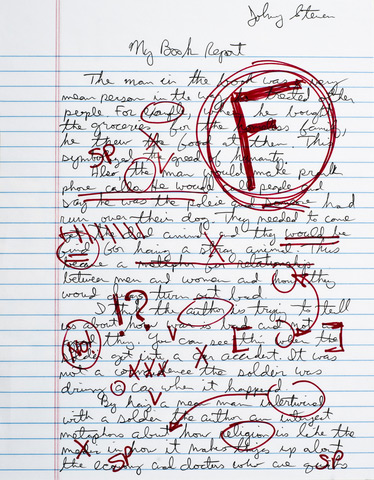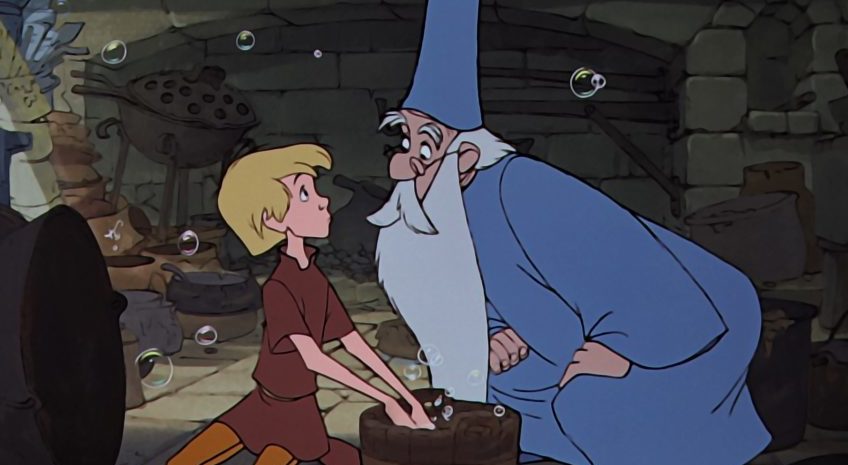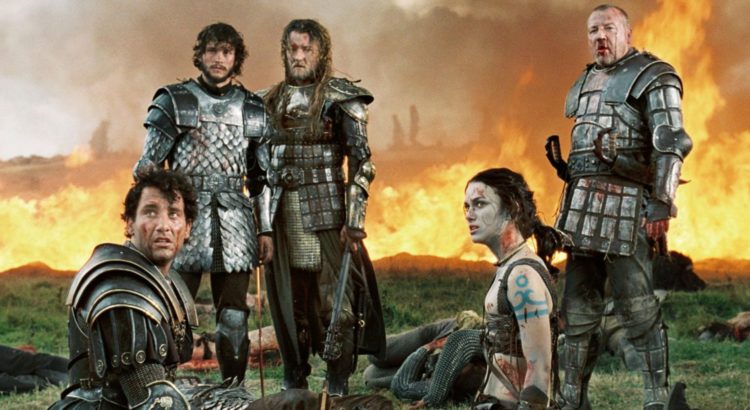I absolutely adored this reading. I literally read it all in
one day because I was so invested in the lives of these teenagers. It reminded
me so much of the things I used to read when I was 14-15 and I was honestly
super happy to be back in that world again. Much simpler times. Though often it
was a bit cringe, I really enjoyed this take on Arthurian legend. I also had no
idea it was based in Anne Arundel County (where I grew up and currently live).
It was a pleasant surprise for me to be able to feel like I could physically
see the story unfolding before my eyes, because I’ve been to the places it has
talked about so many times. I will add I think this was extremely well written
for a younger audience. It was full of clever little tid-bits that made me “ohhhhhhh”
at some parts (Elaine floating in the pool that was the “lake”… I mean wow)! The
stories we read in class tend to be a bit heavier and dark, but this was a nice,
light, airy feel to King Arthur that I think many people might prefer. This
reading really focused on how Modred (Marco) was involved in all of this and I appreciated
that, because I feel like he is often in the background of our minds but never
explored in depth. All in all, a nice read and a clever take on Arthurian
legend.

(I ship them so hard, btw.)




